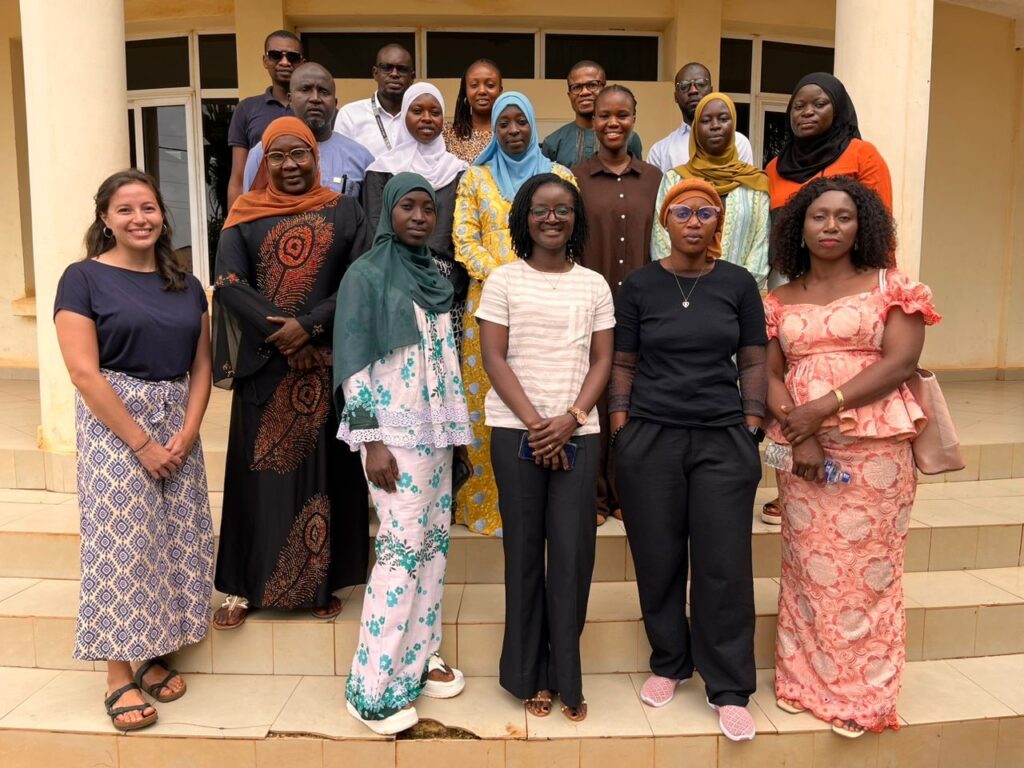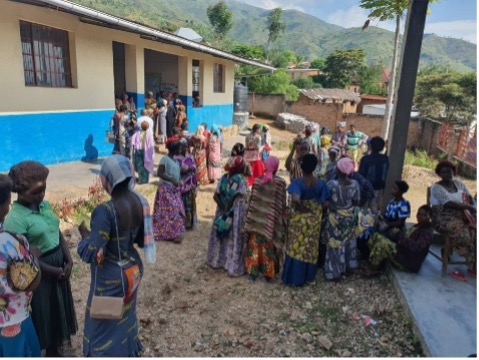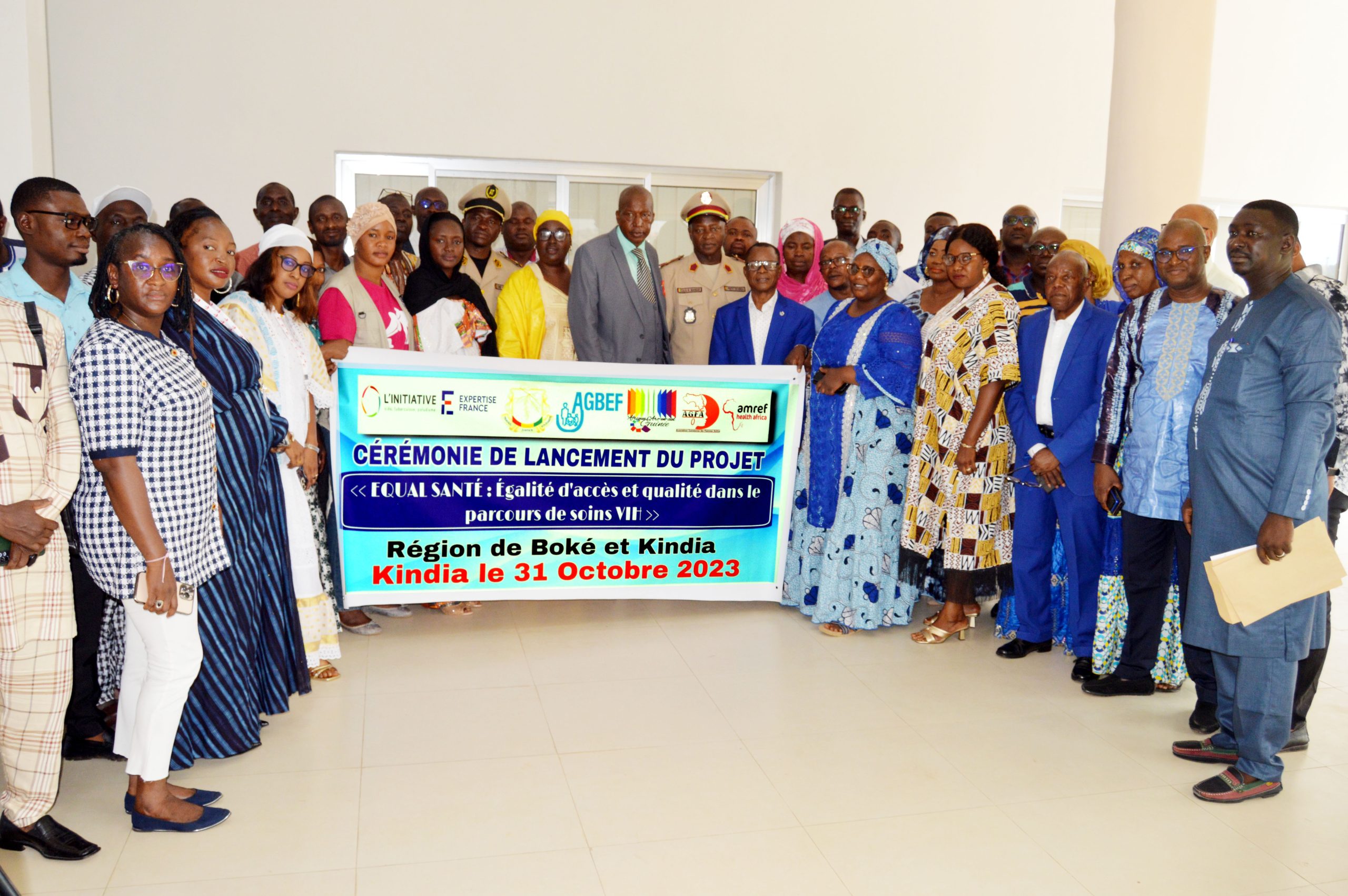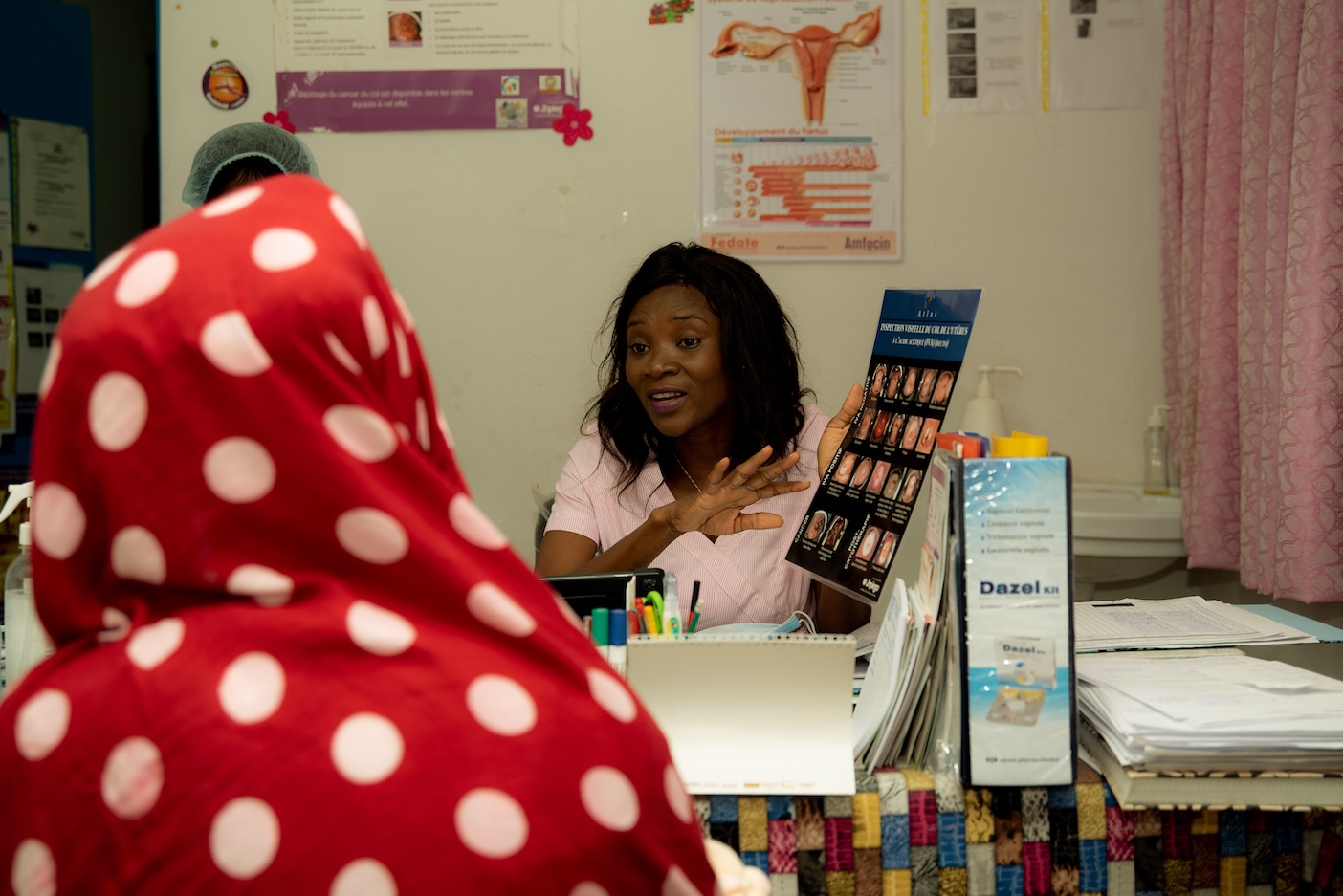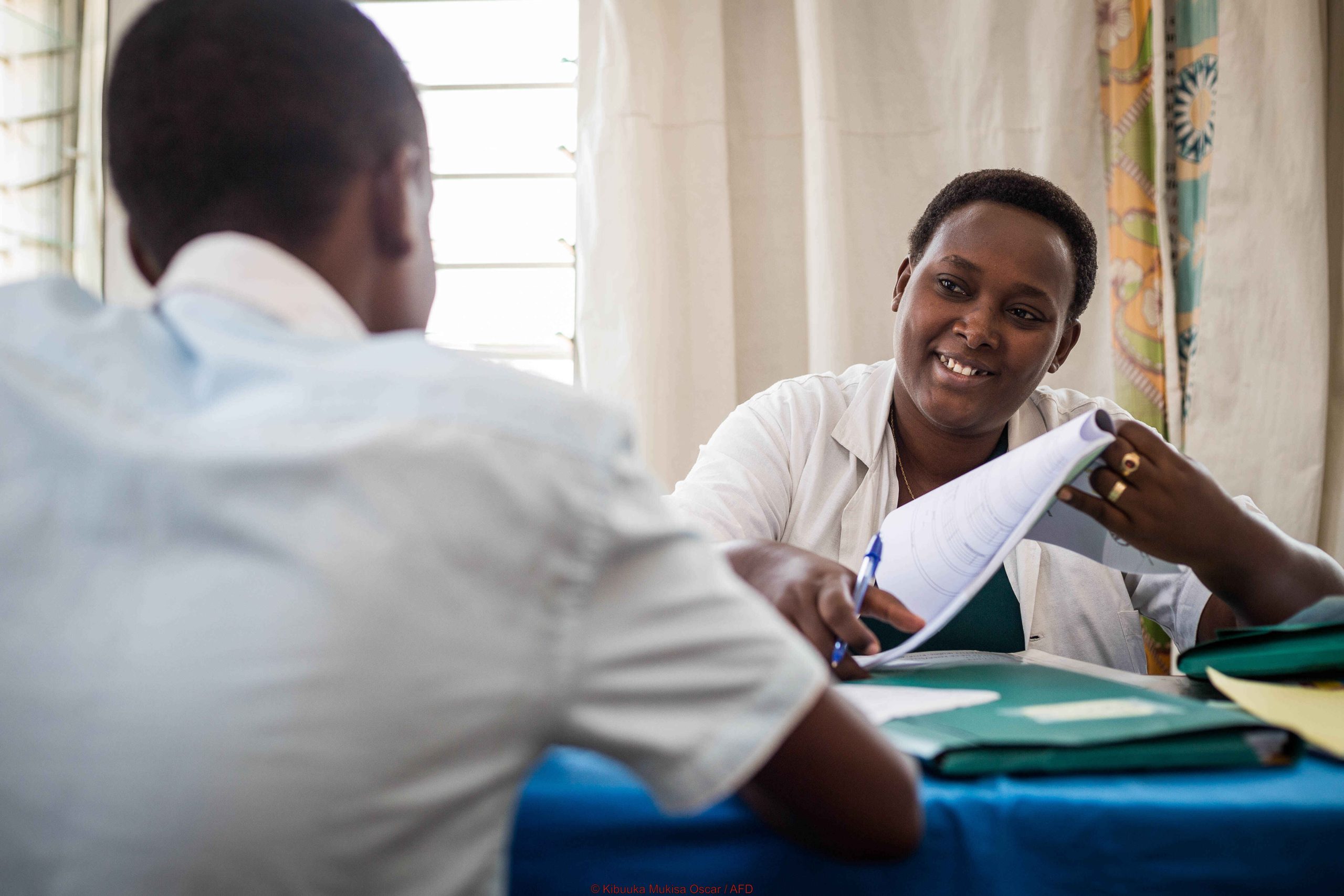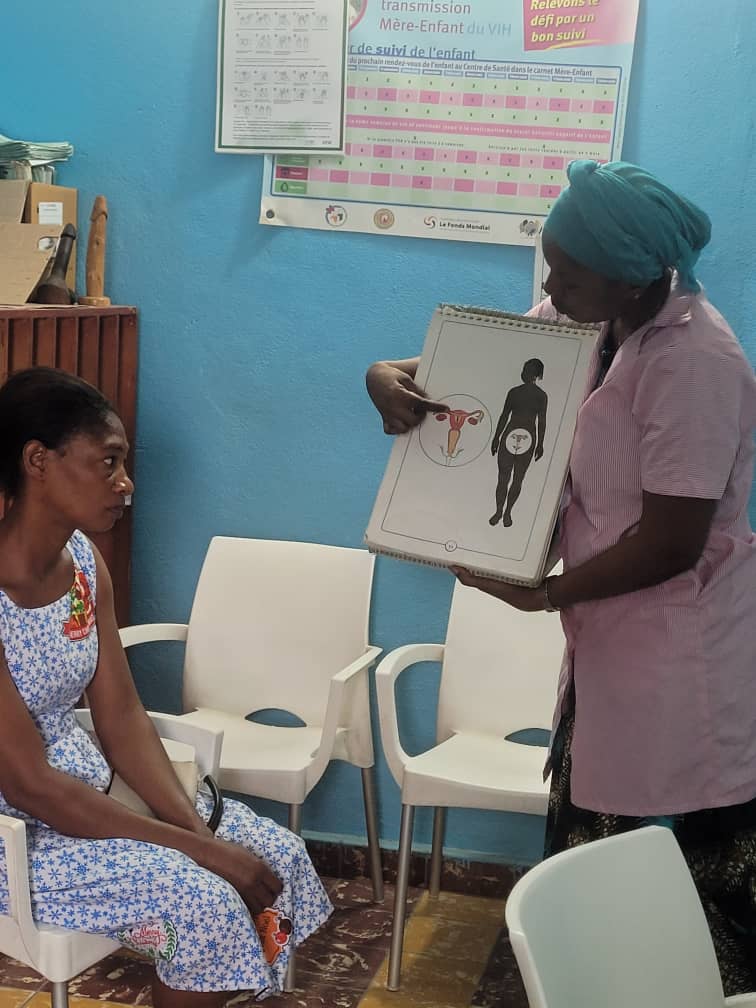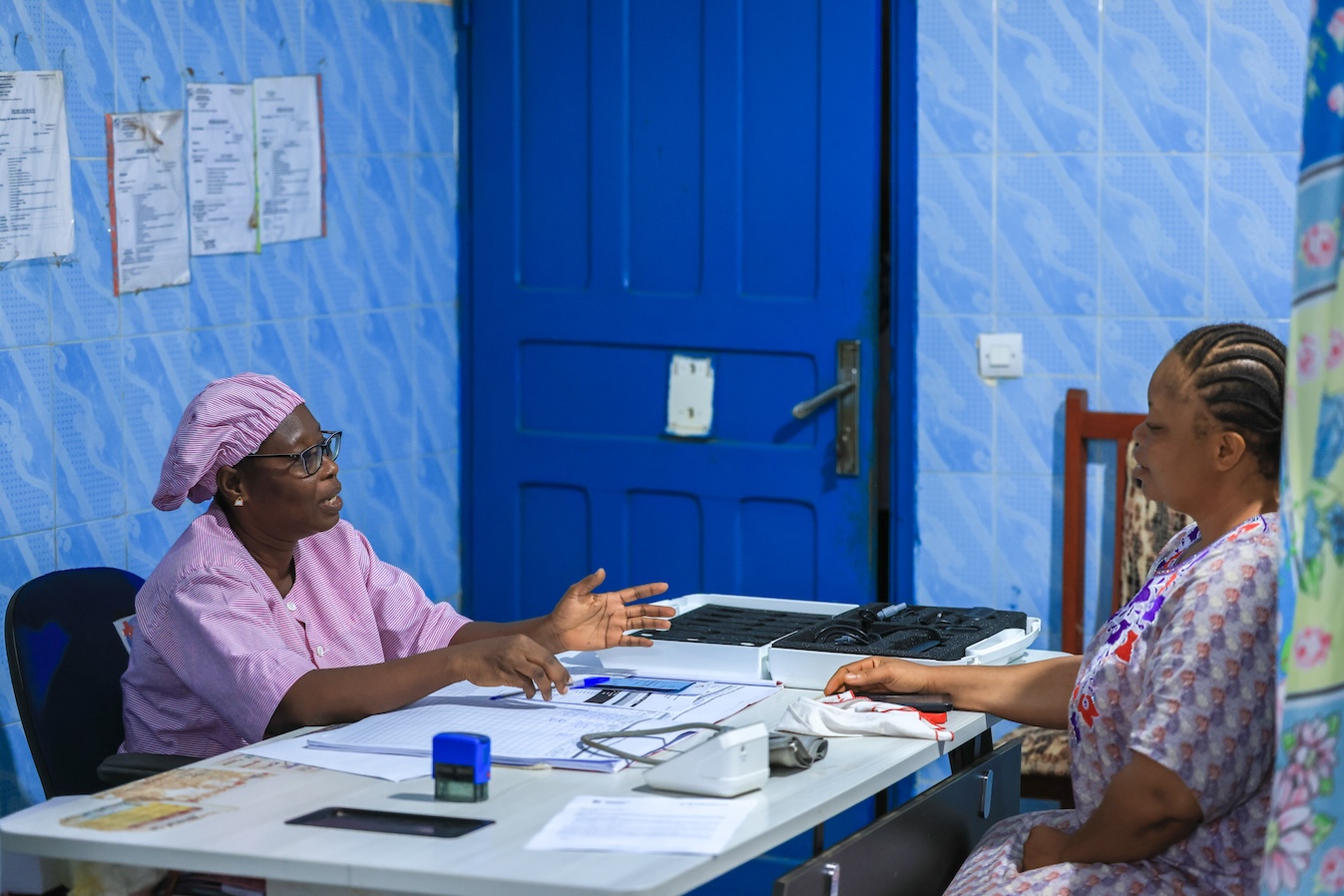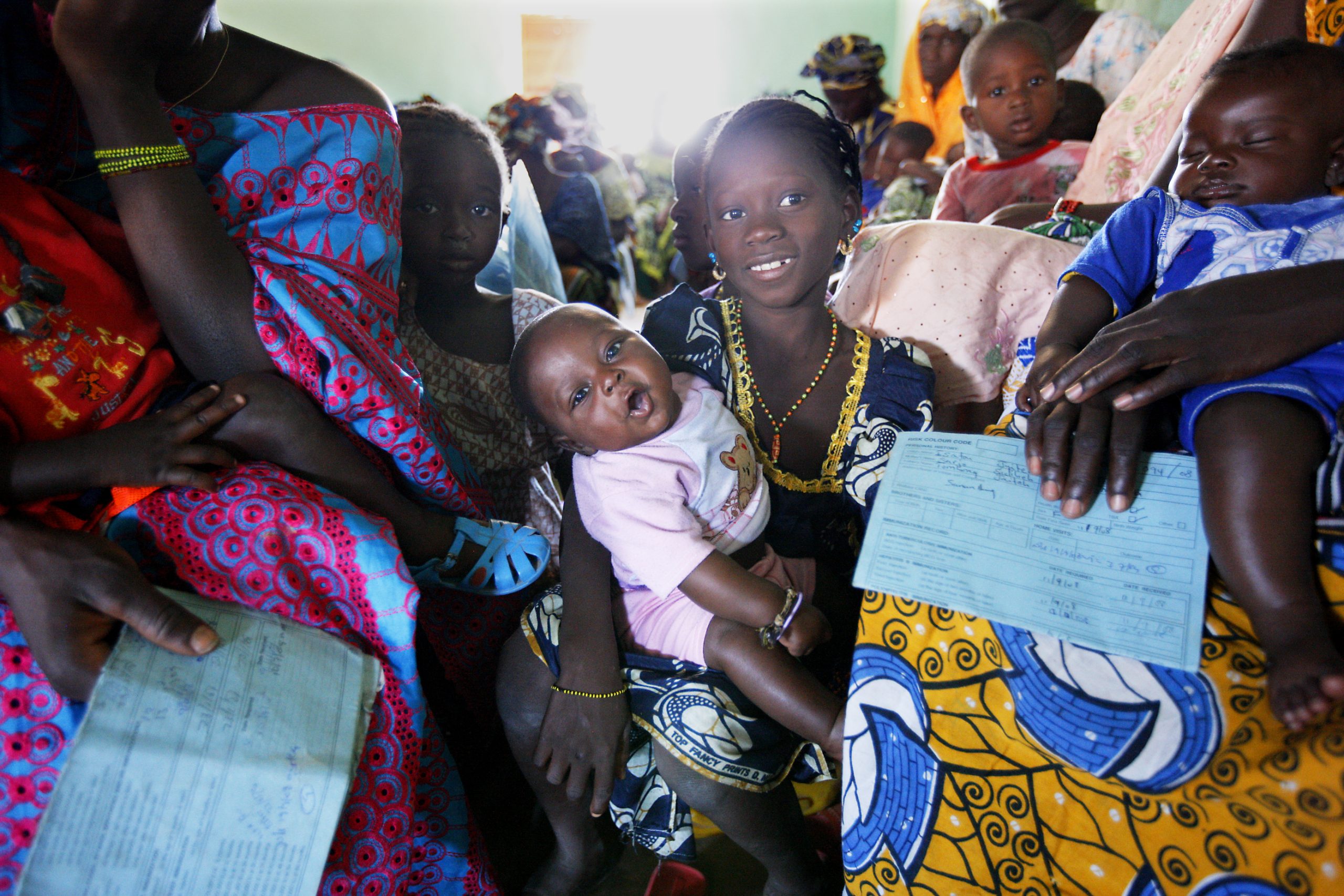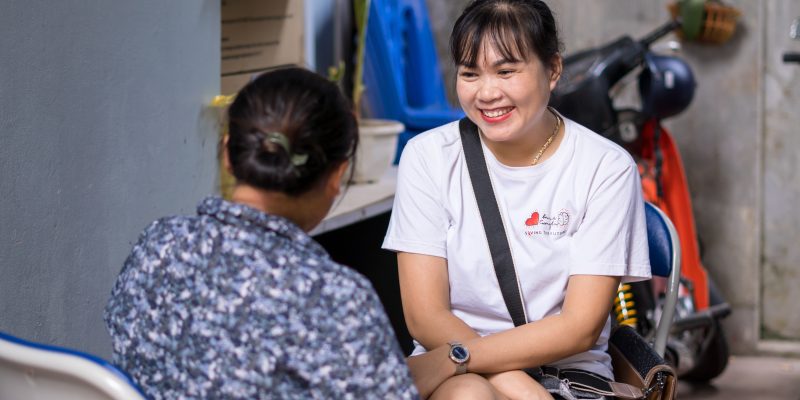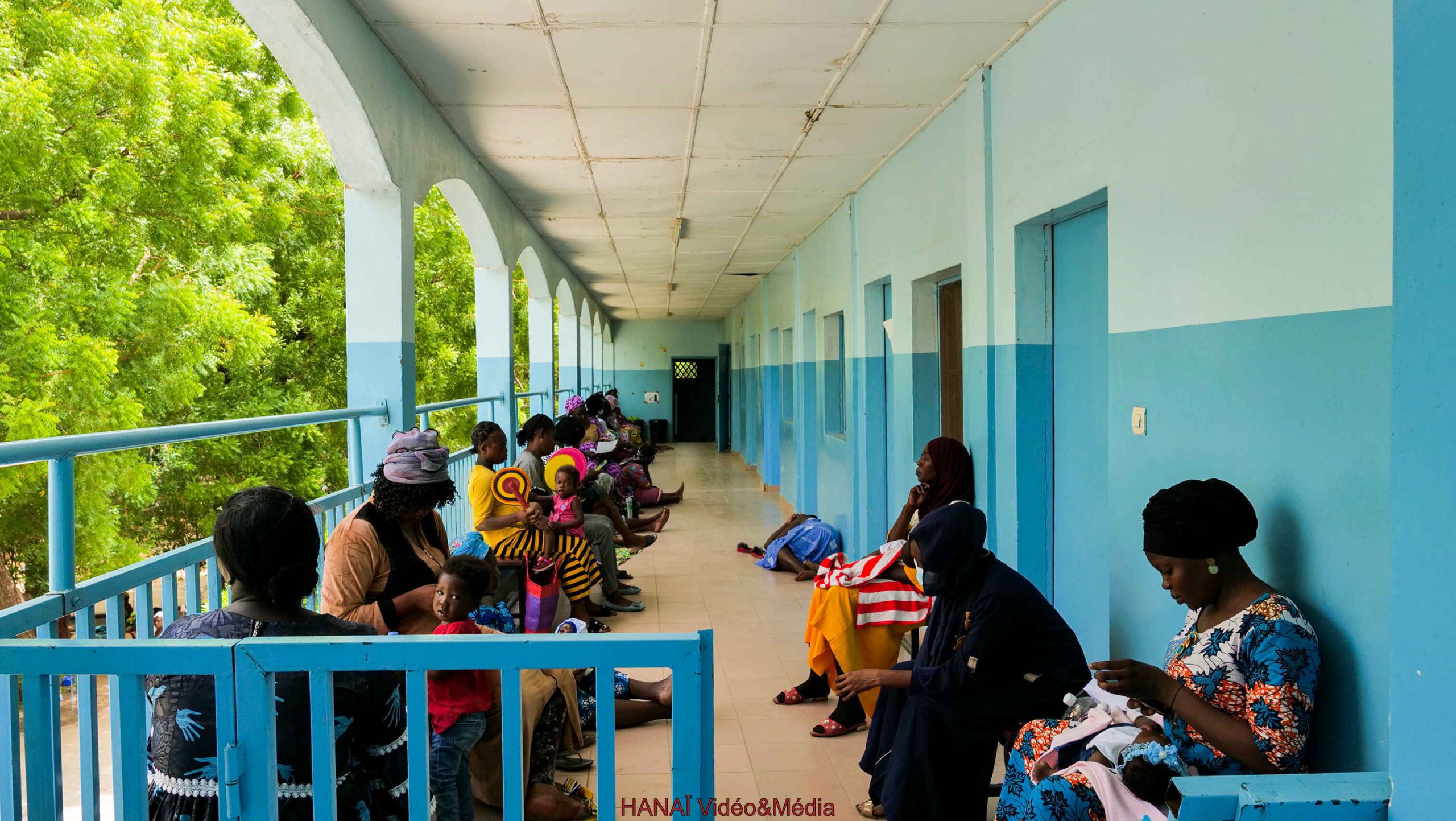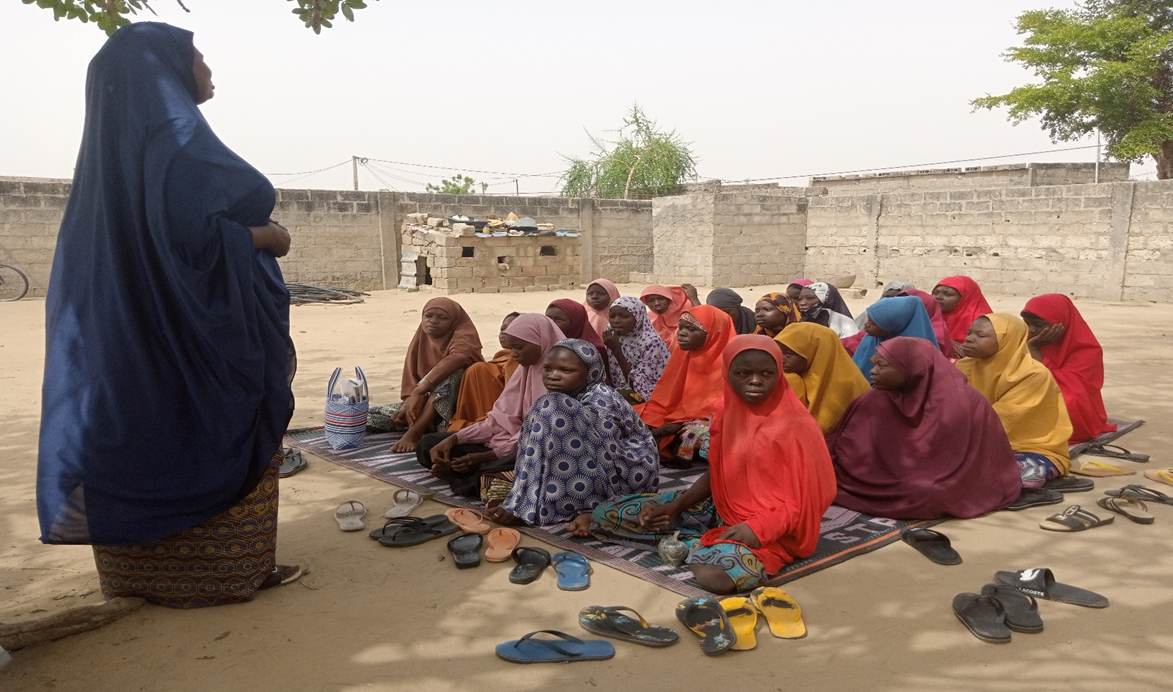The project aims to strengthen the prevention of mother-to-child transmission of HIV, syphilis, and hepatitis B through screening and treatment of these infections among pregnant women in Burkina Faso and The Gambia.
Context
Sub-Saharan Africa is the world’s most affected region by HIV, syphilis, and hepatitis B (HBV). Co-infection with these diseases is common, increasing the risk of mother-to-child transmission and birth complications. Morbidity and mortality associated with mother-to-child transmission of these infections are particularly concerning in West Africa, where prevention efforts are lagging. However, mother-to-child transmission of HIV, syphilis, and HBV can be prevented through simple measures. The World Health Organization’s (WHO) “triple elimination” model provides a framework for effectively controlling and eliminating these infections.
Description
The project is based on an integrated, horizontal, and coordinated approach recommended by the WHO and health authorities in The Gambia and Burkina Faso. It focuses on four main activities:
- Strengthening integrated screening services for the three infections;
- Supporting access to mother-to-child transmission prevention measures for the three infections;
- Evaluating the integrated approach to screening and Prevention of Mother-To-Child Transmission for the three infections;
- Capitalizing on the interventions.
Activities include systematic training for healthcare providers and community stakeholders, awareness-raising among beneficiaries, and sharing the results of the activities with project partners and beneficiaries.
Impact
As a pioneering initiative evaluating a strategy for the triple elimination of HIV, syphilis, and HBV in Sub-Saharan Africa, this project aims to increase visibility for women and strengthen prevention of these often- neglected infections at both national and regional levels.
